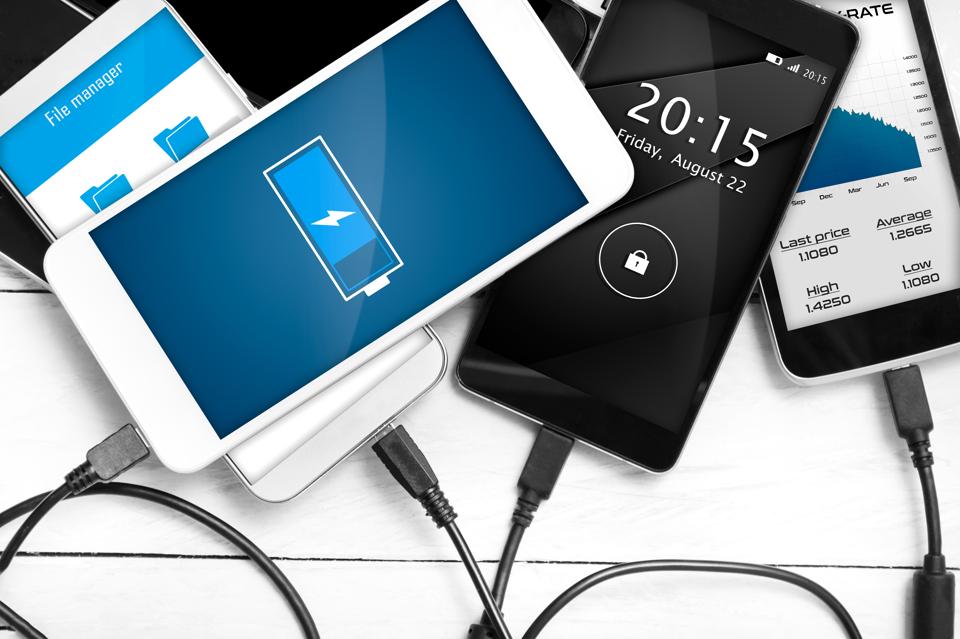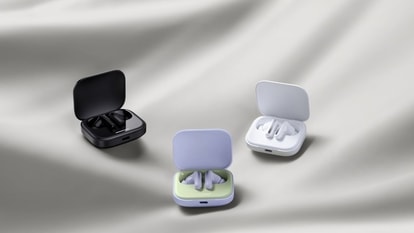6 facts about your phone battery: From overheating to overcharging
With the amount we use our phones daily it is vital that it has a battery that lasts long enough. And thanks to that fast chargers have become a mainstay.

With the amount we use our phones daily it is vital that it has a battery that lasts long enough. And thanks to that fast chargers have become a mainstay. What most smartphone buyers look out for these days, after screen size and cameras is the battery size and how long it lasts on a single charge.
For a lot of people who aren't very savvy with their cameras, the battery life is more important than the megapixels on the front and the rear of the phone. And most smartphone companies have paid heed to that and have started launching phones with big batteries that come with smartcharge support.
And since fast charging is so readily available for phones, we have questions:
What does a high-capacity charger do to a phone's battery? Is there a chance that rapid charging can degrade your phone's power-storing capability over time? Does the battery deplete over time?
To put most of our queries to rest, here are some facts:
Your phone battery isn't changing anytime soon
Most gadgets these days, including smartphones, use lithium ion rechargeable batteries.Battery tech has not changed in decades and for now these are the batteries that last the longest. Much of the recent progress in battery life comes from power-saving features that have been built into your device and software that manages charging and discharging better.
Fast-charging won't damage your battery
A conventional charger has an output of 5 to 10 watts. A faster charger can improve that by up to eight times. For example, the iPhone 11 Pro and Pro Max come with an 18W fast charger, the Galaxy Note 10 and Note 10 Plus have 25W chargers. Samsung also has a 45W one.
Unless there's some technical flaw with your battery or charger electronics, using a fast charger won't do your phone's battery any long-term damage. And here's why:
Fast-charging works in two phases. The first phase applies a blast of voltage to the empty or nearly empty battery. This gives you that blazing charge of from 50 to 70% in the first 10, 15 or 30 minutes. That's because during the first phase batteries can absorb a charge quickly without major negative effects on their long-term health.
You know how it seems to take as long to fill up that last 20 or 30% of the battery?
That last part is the second charging phase, where phone-makers have to slow down and carefully manage the charging speed or else the charge process actually could damage the battery.
You can't overcharge your phone battery
Overcharging used to cause anxiety among phone owners. The fear was that keeping a phone constantly plugged in could charge a battery beyond its capacity, making the battery unstable, which could degrade overall battery life or build up too much internal heat and cause the battery to burst or catch fire.
According to the experts, however, a battery's management system is designed to shut off the electrical charge once a battery reaches 100%, before it can overcharge.
You shouldn't let your battery drain to zero
At one time, you may have wanted to let your phone discharge all the way down once in a while to help the battery recalibrate its state of charge. But that's not so much of a problem with modern phone batteries.
Discharging a battery all the way down can cause chemical reactions that over time can shorten a battery's life. To avoid a complete discharge, a battery's management system includes safety features that power down a phone when it reaches an energy level safely above empty. You only think you've hit zero when you see that last low-battery warning.
If you want to play a more active role in all this, plug in your phone when its battery level gets down around 30%, well above the stressfully low battery levels.
High temperatures can damage your battery
Heat is a true enemy to your battery. High temperatures are known to reduce a battery's lifespan over time.
Keep your phone out of strong sun, away from window sills and off the dashboard of your car to prevent overheating, which can make the battery less efficient over time. In extreme cases, an overheated battery could explode.
Temperatures as high as 86 degrees Fahrenheit (30 degrees C) can decrease a battery's effectiveness, said Isidor Buchmann, founder and CEO of battery-technology company Cadex Electronics and its companion Battery University education website.
Catch all the Latest Tech News, Mobile News, Laptop News, Gaming news, Wearables News , How To News, also keep up with us on Whatsapp channel,Twitter, Facebook, Google News, and Instagram. For our latest videos, subscribe to our YouTube channel.

























